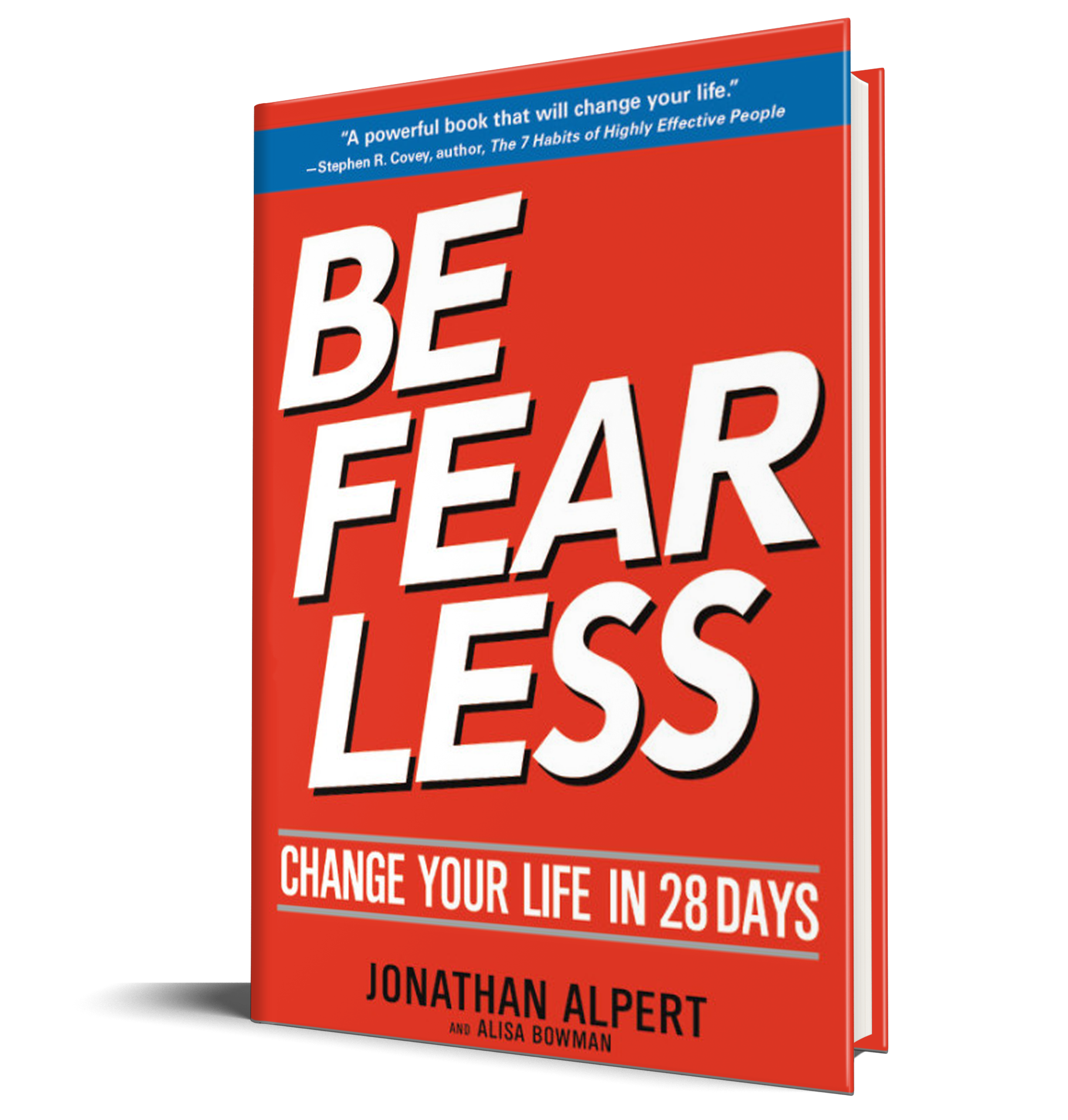Over the past several weeks I’ve seen an increase in patients coming to see me for anxiety and fear related to the coronavirus disease (COVID-19). Given the uncertainty of the situation, this comes as no surprise. Just as the actual virus can be highly contagious, so can the fear and anxiety that stems from it.
Let me explain. In my book, Be Fearless: Change Your Life in 28 Days, I talk about the contagion effect of fear. It’s our instinctual and primitive nature to spread fear. In fact, it can help us to survive. In the days of early humans, if danger lurked, one person would tell the next and the next and then the whole clan was notified. It’s this instinctual response coupled with modern technology that can cause fear to go viral. With the push of a button, in a split second, the entire world is informed of information. Given what’s going on, this can help people to stay safe, but it can also fuel anxiety and make people feel worse and ill-equipped to handle the crisis.
Below are ways that you can keep your fear and anxiety in check as we continue to try to figure out COVID-19:
1. Stick with a trusted source for your information. Have one local news outlet and a national/international outlet. For example, your local news network that you regularly watch, and then another such as the C.D.C. or W.H.O.
2. Separate fact from fiction. Create two columns. On one side list the things you know to be true and factual. On the other side, list things that you can’t substantiate. Then, put an X through the second column, sticking only with facts. Know that the anxious mind attempts to create information to bring predictability to an unpredictable situation. The problem with this is rarely does it actually provide accurate predictability, just panic.
3. Limit your exposure to social media. Social media has, in part, become a place for people to vent, project fear, spread rumor, misinformation, etc. I recently had one person tell me that 50 million Americans will die from COVID-19 in coming months. When asked for the source, he said “Facebook.” Folks, Facebook is not a trusted, credible news source!
4. Check the news less. It’s overkill to want to know every minute or even every hour the latest news. Limit the frequency of your updates and notifications. Instead, allow yourself to check the latest news at certain points during your day. For example, morning time, lunch time, and evening.
5. Give yourself a break. Rest assured, feeling anxious and concerned is very normal right now. Such a reaction is an indicator that you are a healthy-minded person facing new circumstances. But thinking the end of the world is near, is not healthy, or normal.
6. Make peace with uncertainty. When else in your life have you faced crisis and weren’t exactly sure what would happen? How did you fare? Know that you’ve probably faced uncertainty and anxiety in the past and survived.
7. Think ahead. What steps would you actually take if you felt sick or tested positive? Play this through and have a plan in place, just in case. By playing this out in your mind you’ll feel better equipped to handle a potential illness.
8. Don’t forget basic stress management. Eat and sleep healthy, exercise, stay connected to friends, participate in enjoyable activities as best as possible, and remain optimistic.

Be Fearless: Change Your Life in 28 Days by Jonathan Alpert.
Follow us here and subscribe here for all the latest news on how you can keep Thriving.
Stay up to date or catch-up on all our podcasts with Arianna Huffington here.


